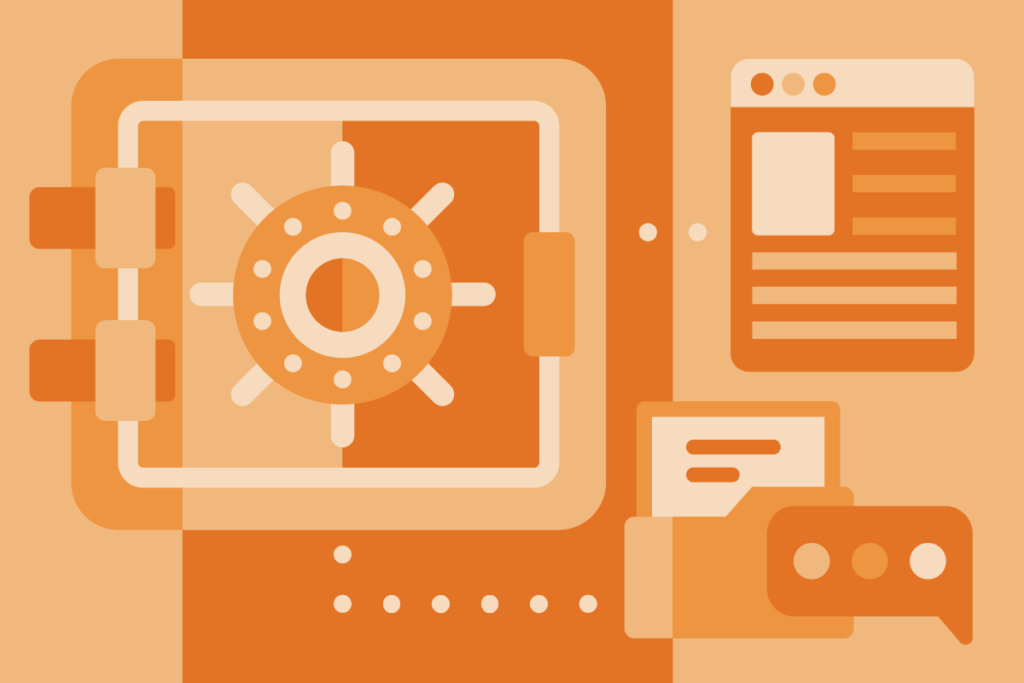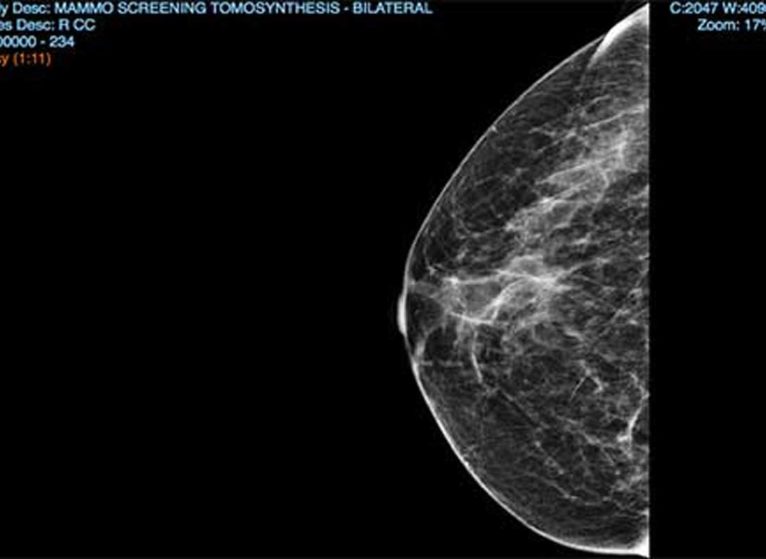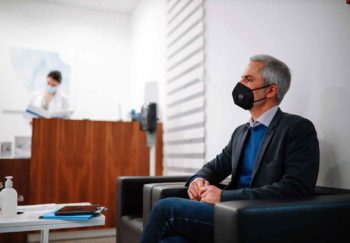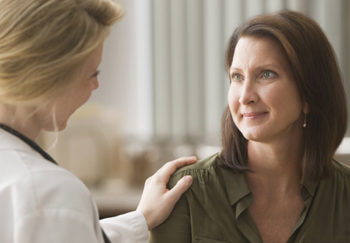Several years ago, I did something I'd been avoiding. I got a mammogram. I had a dozen reasons for not wanting to get one. As I said then:
"Getting a mammogram isn’t fun. That is, it’s not something you schedule because you look forward to having your various body parts draped awkwardly around a machine and then mashed like a potato. And who doesn’t love getting naked with total strangers? (Answer: Me.)"
For Breast Cancer Awareness Month, I took a look back at 4 women whose mammogram stories are so different, but inspire me to keep up with my screenings. You don't have to be at high risk for a mammogram to save your life.

"You just have to do it" - Robane on the Bus
Case in point: Robane Beroza. Like me, she didn’t have a family history of breast cancer. She wasn’t high risk for the disease. Still, she got her mammogram every year. It was just part of her routine.
And Robane had the chance to get hers done on the mobile mammography unit, a bus that travels around to make getting a mammogram easier for people throughout the region. “I was the first person to sign up and the first person on the bus. It was very quick and easy,” she said.
They did find breast cancer. But because they found the cancer early, Robane's chances, and the treatment, were better and faster than they would have been. “I tell everyone to get a mammogram,” says Robane. “My sister kept putting hers off because she was scared. But you just have to do it. You’re going to be OK.” Read Robane Beroza's mammogram story.
"I’d rather know, so I can do everything I need to do to prevent cancer." - Megan's High Risk
Unlike myself and Robane, Megan Davis discovered she WAS at high risk for breast cancer before getting a mammogram. Now she rotates between a standard mammogram and getting a breast MRI every 6 months.
This sounds like a lot. But Megan says, "I feel much better knowing what my risk is and doing something about it. If I do end up getting breast cancer, I should find out within months of it developing." Megan also knows that early discovery of breast cancer means she might only need surgery for treatment, not chemo or radiation. Still, monitoring her risk so often can be scary, but that feeling is helped by her faith in her high-risk care team:
"I couldn’t help feeling some alarm when I got called back for more images after my mammogram. The radiologist who read my scans was reassuring and kind. She promised me her team would always err on the side of caution. They wanted to be absolutely sure they found any cancer, so they might call me back for more images or a biopsy if there's ever a question."
Learn how Megan found out about her genetic risk.
"Don’t delay going to the doctor or think that the pain will go away.” - Sheila's Many Reasons
Like Megan, Sheila Boling had a high genetic risk for breast cancer. Her twin sister actually died from breast cancer at age 35. But, as a Black woman, Sheila faces some hard facts: Black women are more likely to get breast cancers that are hard to treat. They're also more likely to die from breast cancer.
On top of those odds, breast cancer symptoms in Black women aren't always the same as they are for others. When Sheila had a very small pain in her breast, she didn't think it was breast cancer. She only found out that it was cancer because of a mammogram.
Which is why Sheila advocates for Black women to listen to their bodies and get screened. “It’s important that when we feel bad that we get ourselves checked," she says. Watch Sheila's whole story.
"I did some reading and research and it looked like I needed to have other tests." - Margarita's Second Opinion
Margarita Figueroa's very first mammogram came back with the shocking news of a positive diagnosis. But it also came back with "mixed signals" about what to do next. She went to UVA Health for a second opinion. And that brave move changed everything about her treatment and her care.
Get a Mammogram
Find out the basics and choose a location.
One of Margarita's doctors praised her willingness to "ask what's going on and why are you recommending this treatment? And she was also willing to share some of her struggles... [which] I think improves the chances that we're going to be able to help you through a cancer journey."
Margarita didn't just go with 1 mammogram. She went and got more screenings to make sure the results were right and that she got the care she needed. Watch Margarita's whole story.
My Mammogram Story
I was avoiding getting a mammogram because I was scared of what I would find. The thing is, you never know. You can be at high risk. You can face terrible odds. Or you can have no reason in the world to worry.
The point of a mammogram, like any health screening, is to find out what you don't know. While it may feel more comfortable to stay ignorant, it's not bliss if you're missing something that could kill you. And the thing is, we're lucky to have access to experts who can, if we have a cancer diagnosis, help us through the treatment journey.
Need help paying for a screening?
Learn how to get a free mammogram.
My mammogram story isn't dramatic. But I'm happy to look back at what I found: That, at the end of the day, I'm extremely grateful to be able to get one. I'm lucky to have this access.
Facing the facts head-on is the best option for surviving cancer. But you don't have to do it alone.
What's Your Mammogram Story?
We might all have different mammogram stories. But we all have a reason to get one. What's your story? Share in the comments below!


